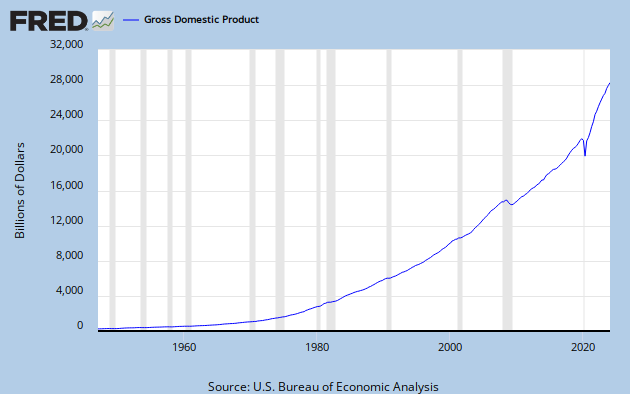TuffaloDeac10
🌹☭
First, a quiz (I scored a 100%, look at me): http://www.federalreserveeducation.org/about-the-fed/structure-and-functions/monetary-policy/quiz/
Second, MOTHERFUCK Ben Bernanke and the FMOC for doing NOTHING today. The statutory dual mandate is in fact a dual mandate and BB is totally ignoring half of it, while missing the NOT ASYMMETRIC 2% inflation target that it considers to best reflect the price stability part of the mandate. It is described as a target, not a ceiling. Goddamn. I can't believe that the Chairman of the inert Fed authored this. BOOOOOOOOOOOOOOOOOOOOO
I think Bernanke's trying to get Willard elected.
Second, MOTHERFUCK Ben Bernanke and the FMOC for doing NOTHING today. The statutory dual mandate is in fact a dual mandate and BB is totally ignoring half of it, while missing the NOT ASYMMETRIC 2% inflation target that it considers to best reflect the price stability part of the mandate. It is described as a target, not a ceiling. Goddamn. I can't believe that the Chairman of the inert Fed authored this. BOOOOOOOOOOOOOOOOOOOOO
I think Bernanke's trying to get Willard elected.
Last edited:

